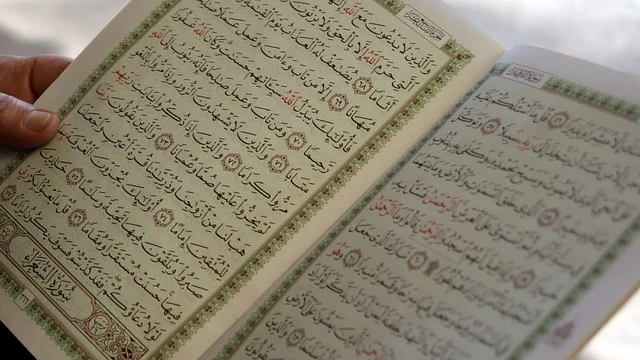Introduction
In the Islamic tradition, a fatwa is more than just an opinion—it’s a scholarly response rooted in deep knowledge of Islamic law (shariah), intended to guide Muslims in living righteous and lawful lives. But not just anyone can issue a fatwa. So, who has the authority and responsibility to speak on behalf of Islam in this way? The answer lies in the role of the mufti.
What Is a Mufti?
A mufti is a qualified Islamic scholar who is trained to interpret Islamic law and issue fatwas. This role is both a religious and intellectual trust, requiring years of study, spiritual maturity, and a deep sense of responsibility to the Muslim community (ummah).
Qualifications of a Mufti
To issue fatwas responsibly, a mufti must meet several important criteria:
1. In-Depth Islamic Education
A mufti typically undergoes many years of formal study in Islamic jurisprudence (fiqh), Quranic exegesis (tafsir), Hadith (Prophetic traditions), Arabic language, and legal theory (usul al-fiqh). This often includes:
- Mastery of at least one traditional school of law (Hanafi, Shafi‘i, Maliki, or Hanbali)
- Study under qualified scholars or institutions
- Familiarity with classical and contemporary legal texts
2. Moral and Spiritual Integrity
Knowledge alone is not enough. A mufti is expected to be a person of piety, humility, and upright character. Their personal conduct reflects the values they promote through their rulings.
3. Analytical and Contextual Awareness
A mufti must understand not only the religious texts but also the social and cultural context of the question being asked. This ensures that the fatwa is relevant, practical, and in harmony with the objectives of Islamic law (maqasid al-shariah).
4. Authorization (Ijazah or Formal Endorsement)
In many traditional settings, a scholar receives an ijazah (authorization) from a senior mufti or scholarly council, confirming that they are qualified to issue fatwas.
Modern Fatwa Councils and Institutions
In today’s world, fatwas are often issued not just by individuals but also by fatwa councils or Islamic legal bodies to ensure collective wisdom and accountability. Some well-known institutions include:
- Dar al-Ifta al-Misriyyah (Egypt)
- Majlis Ugama Islam Singapura (MUIS) (Singapore)
- Islamic Fiqh Academy (under the OIC)
Conclusion
Not everyone can issue a fatwa. It is a sacred responsibility carried out by deeply knowledgeable and morally upright scholars trained in the legal tradition of Islam. Understanding who can issue a fatwa not only protects the integrity of Islamic law but also helps Muslims make informed choices in their religious and daily lives.


